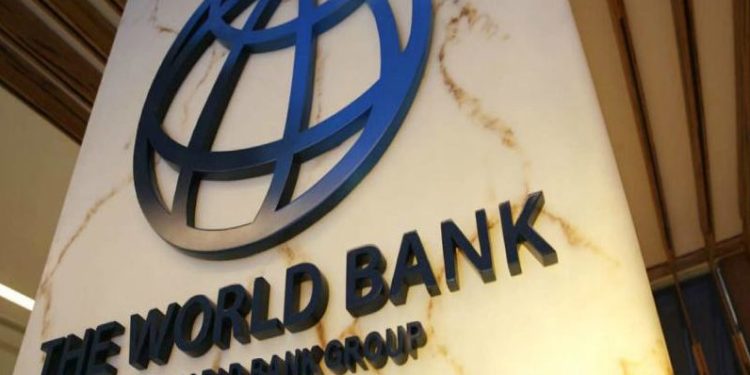World Bank Vice President for Human Development Mamta Murthi has announced a significant pledge of KES 19.1 billion to support the construction of Kenya’s long-awaited vaccine production facility.
This commitment signifies a pivotal advancement in Kenya’s pursuit of vaccine self-sufficiency and aims to reduce dependency on external sources.
The Kenya BioVax Institute is leading the development of this facility, slated to commence operations in 2029. With the backing of the World Bank, the facility is poised to become a cornerstone of Kenya’s healthcare infrastructure, playing a crucial role in locally packaging vaccines to bolster the nation’s health security.
The project will be executed in phases, with an initial focus on packaging and filling imported vaccines. The facility aims to release its first batch within the next five years to meet Kenya’s anticipated annual vaccine demand of 16 million doses, expected to rise to 25 million with population growth.
The ultimate objective is for the facility to transition to full-scale vaccine production, following models established in South Africa and Senegal. This transformation will enhance Kenya’s healthcare security and potentially position it as a regional vaccine supplier.
The World Bank’s financial commitment underscores the project’s critical significance, particularly as Kenya’s main vaccine donor, GAVI, plans to withdraw support in 2029. The BioVax facility is expected to bridge this gap and ensure continuous vaccine supply.
Health experts have previously expressed concerns about potential vaccine shortages post-GAVI’s exit. However, the World Bank’s intervention and the expedited development of the BioVax facility offer reassurance and pave the path for a sustainable vaccine supply chain in Kenya.
As Kenya embarks on this transformative journey towards vaccine production, collaboration among government entities, private sector stakeholders, and international partners will be essential.
With this substantial support from the World Bank, Kenya’s aspiration for vaccine self-sufficiency appears within reach. The project holds immense promise not only for strengthening the country’s healthcare system but also for establishing Kenya as a regional leader in vaccine production.












